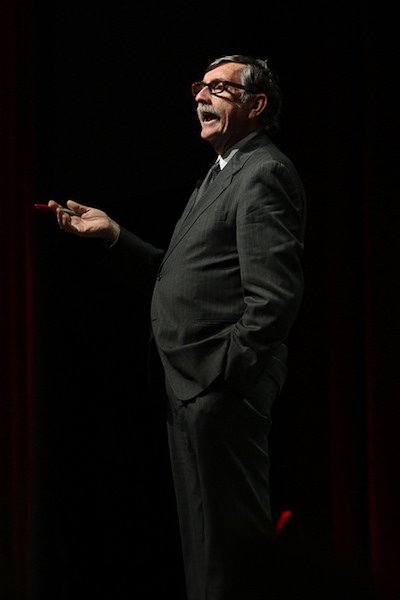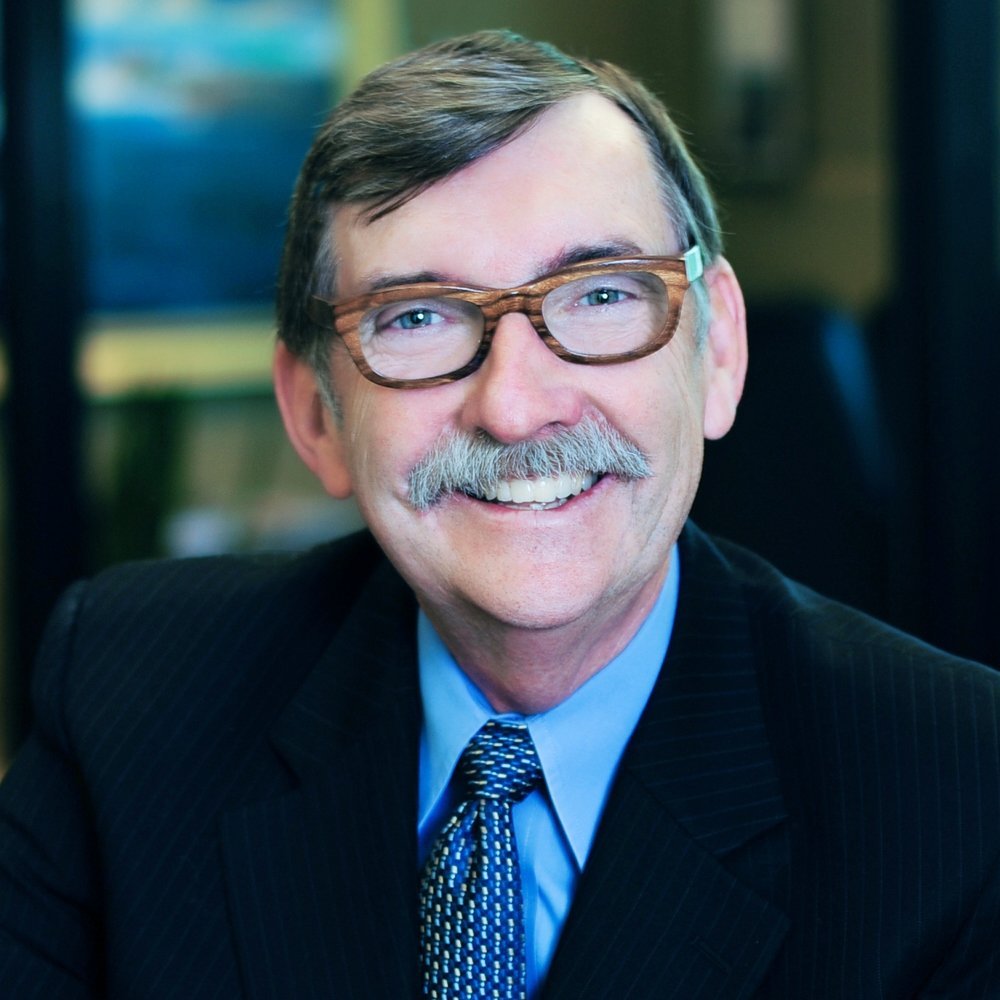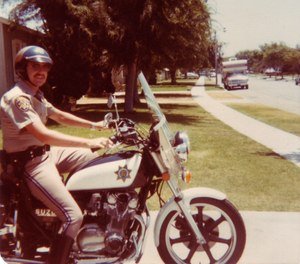
Meet Gordon Graham
Risk Management Expert, Speaker, Leader, and Advisor to the Water Leadership Group
From law enforcement officer to lawyer, Gordon Graham has served in numerous public service roles throughout his 40-year career.
Today, Gordon divides his time among study, research, writing, speaking, and consulting in the field of risk management. His innovative programs, based on the values and beliefs he learned as a child along with a passion for continuous improvement, are the standard for high-reliability organizations seeking to prevent tragedies through self-reinforcing systems, culture, and discipline.
Background
Gordon Graham is a forty-plus year veteran of law enforcement. His education as a risk manager and experience as a practicing attorney, coupled with an extensive background in public safety, has distinguished Mr. Graham as a nationally recognized and sought-after speaker for public and private sector professions with multiple areas of expertise. Gordon is a product of the greatest generation. Raised in San Francisco in the 1950s, he not only learned that love of God, country, and family were critical, but he was also taught the immense value of continuous learning and hard work as well as the importance of doing the right thing, the right way every time. These beliefs have been a constant in his life. After his first twelve years of formal education in the Catholic school system, Gordon began his undergraduate work at San Francisco State College during the tenure of S.I. Hayakawa who further reinforced those core values. He graduated in 1973 with a Bachelor of Arts in Business.
Law Enforcement History
In 1973, Gordon was selected as a candidate for the California Highway Patrol (CHP). Thereafter, he proudly served as a motorcycle officer for most of his first ten years in the Los Angeles area. In addition to his patrol work, Gordon helped design the first driving under the influence (DUI) task force, assisted in the development of the drug recognition expert program (DRE), and was an instructor in the initial “Mod I and II” hazardous materials program. During this period, he wrote the first of his many technical papers, PCP–An Officer’s Survival Guide. Simultaneously, he was furthering his formal education by spending two years at Long Beach State College under the tutelage of Richard Kaywood where he received a lifetime teaching credential.
Following this degree, Gordon attended the Institute of Safety and Systems Management (ISSM) at University of Southern California. He’ll quickly tell you that ISSM was the best education he ever received from the brightest people in the field of risk management. His professors included Chaytor Mason, Ted Ferry, Bill Petak, and Harry Hurt. Gordon’s relationship with Professor Hurt led to his collecting data for The Hurt Report. Published in 1980, this report on motorcycle fatalities was and is recognized as the single greatest treatise on motorcycle safety. After completing his Master of Science, Gordon’s off hours were spent at Western State University School of Law, where he graduated in 1982 with his Juris Doctorate. He passed the California bar exam the same year and opened his law offices in Hollywood, where he focused on family law, immigration, and personal injury work.
In his law enforcement life, Gordon was promoted to sergeant in 1982 and supervised his former unit at the CHP. He and his fellow sergeants on “B” shift stressed the values and beliefs of the CHP and built one of the most productive motorcycle officer teams in the history of the organization. As a sergeant, Gordon saw deficiencies in how officers were trained and revolutionized law enforcement training with his SROVT program (solid, realistic, ongoing, and verifiable training). This daily training concept resulted in his bestowal of the Governor’s award for excellence in law enforcement training. Gordon’s personal life took a change for the better when he married his lovely bride, Reneé, in 1983. He was later promoted to a CHP headquarters position in 1992 where he continued his work in law enforcement training. During this period, Gordon sharpened his training curriculum by integrating components of human behavior, systems, risk management, and law. The outcome was a philosophy called real risk management and is applicable to any profession.
Public Safety in Action
Gordon has delivered training programs to a variety of professions, including commercial real estate, public health, manufacturing, distribution, construction, aerospace, nuclear power, and auto racing. In 2002, he expanded his public safety focus by collaborating with Chief Billy Goldfeder to develop www.firefighterclosecalls.com. This reporting repository is recognized as the national source for firefighter safety data. It subsequently led to his assisting the International Association of Fire Chiefs (IAFC) with a similar effort, www.firefighternearmiss.com. The IAFC awarded Gordon with their presidential award for excellence for his lifelong work improving firefighter safety and performance.
That same year, Gordon, along with Bruce Praet, founded Lexipol, a company designed to standardize policy, procedure, and training for public safety organizations. Over two-thirds of the states in our great country use Lexipol’s knowledge management system, including most California law enforcement agencies. This effort has improved the protection of our great public and the overall safety of police personnel. It has also influenced a reduction in adverse claims, settlements, and legal verdicts. Gordon held his CHP headquarters position until his service retirement in 2006. He has been awarded the lifetime achievement award from California Peace Officer Standards & Training (POST), the lifetime dedication award from the International Public Safety Leadership and Ethics Institute (IPSLE), and the James Oberstar sentinel for safety award for his lifetime work improving aviation safety internationally.
“Things that go wrong are predictable, and predictable is preventable.”
— Gordon Graham




